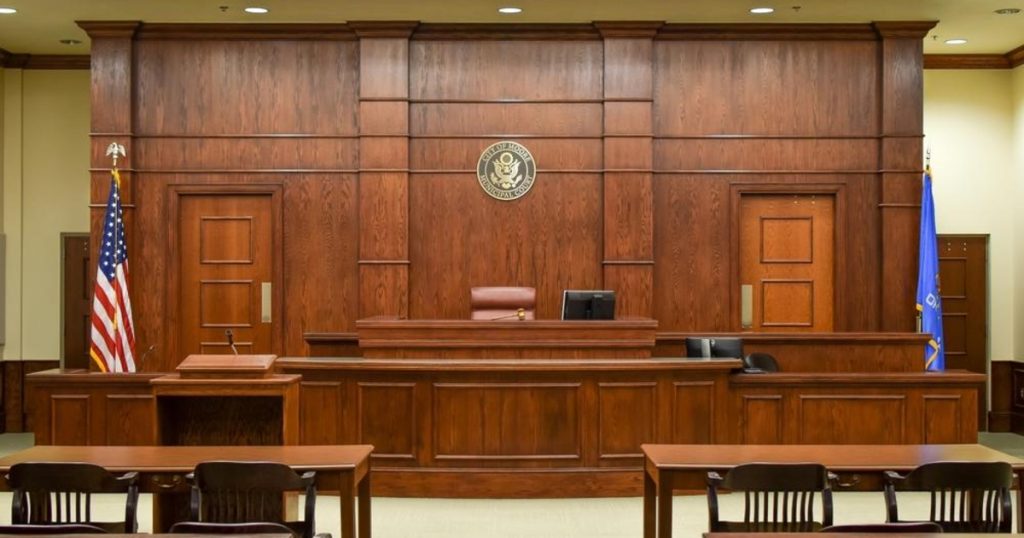
The former vice president claimed that after hearing from all sides, Justice Gilbert resolved all of Tinubu’s reasons for protest against the execution of the magistrate court’s legal order.


The former vice president claimed that after hearing from all sides, Justice Gilbert resolved all of Tinubu’s reasons for protest against the execution of the magistrate court’s legal order.
The Chairman of the Economic and Financial Crimes Commission, EFCC, Mr. Ola Olukoyede has charged members of the National Youth ...
Street children are a growing phenomenon is every city of the world, and family breakdown is the greatest factor. Oshodi ...
Africa’s largest cement group, Dangote Cement Plc, doubled its sales in the first quarter as pre-tax profit rose to N166.4 ...
Construction work has commenced on the Okeyinmi-Ijigbo flyover bridge in Ado Ekiti with demolition of marked structures towards ensuring seamless ...
The Nigerian movie industry has again been thrown into mourning after the news of the death of another veteran Yoruba ...
A chieftain of the All Progressives Congress (APC), and former Chairman of the Nigerian Communications Commission (NCC), Professor Adeolu Akande ...

Leave a reply